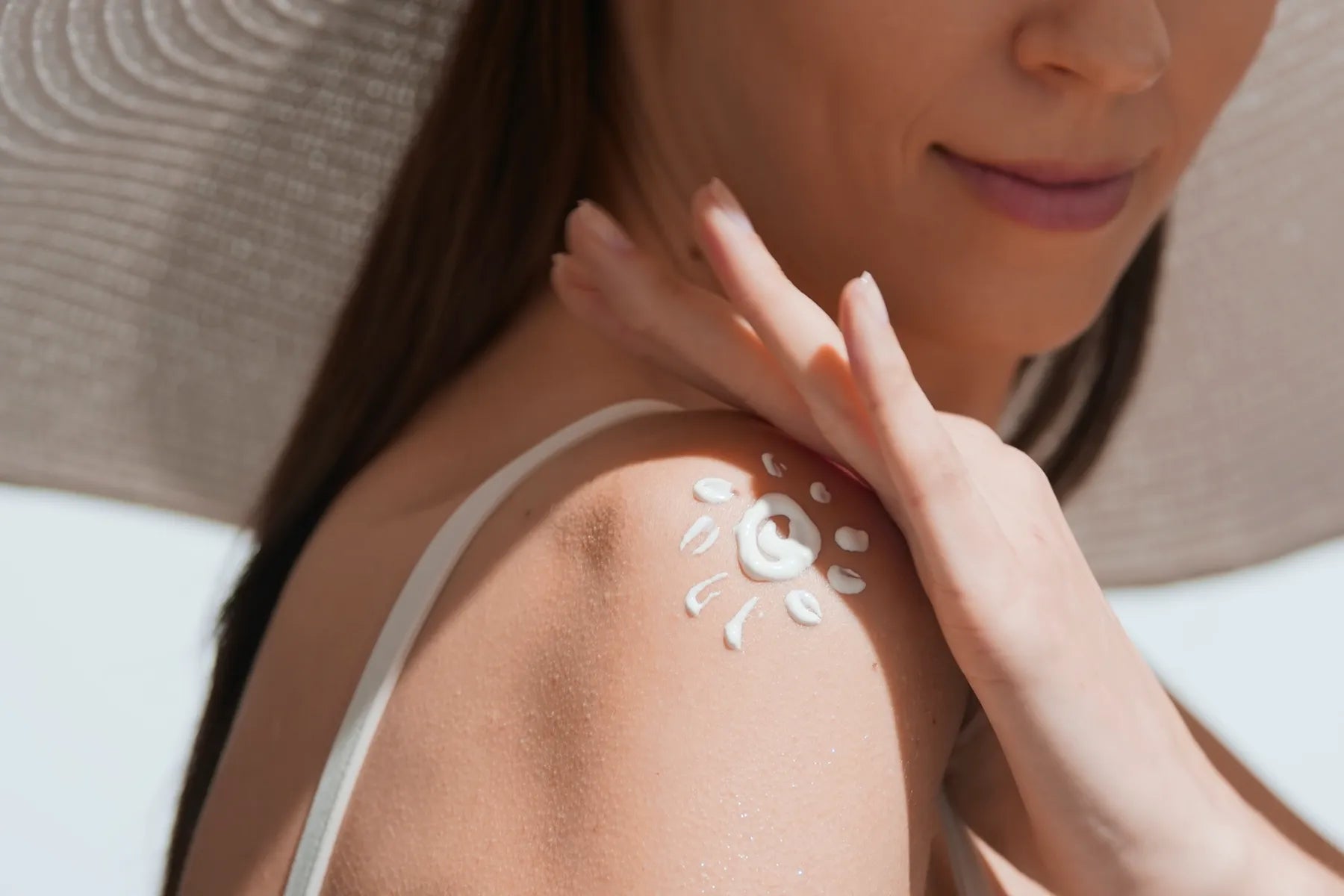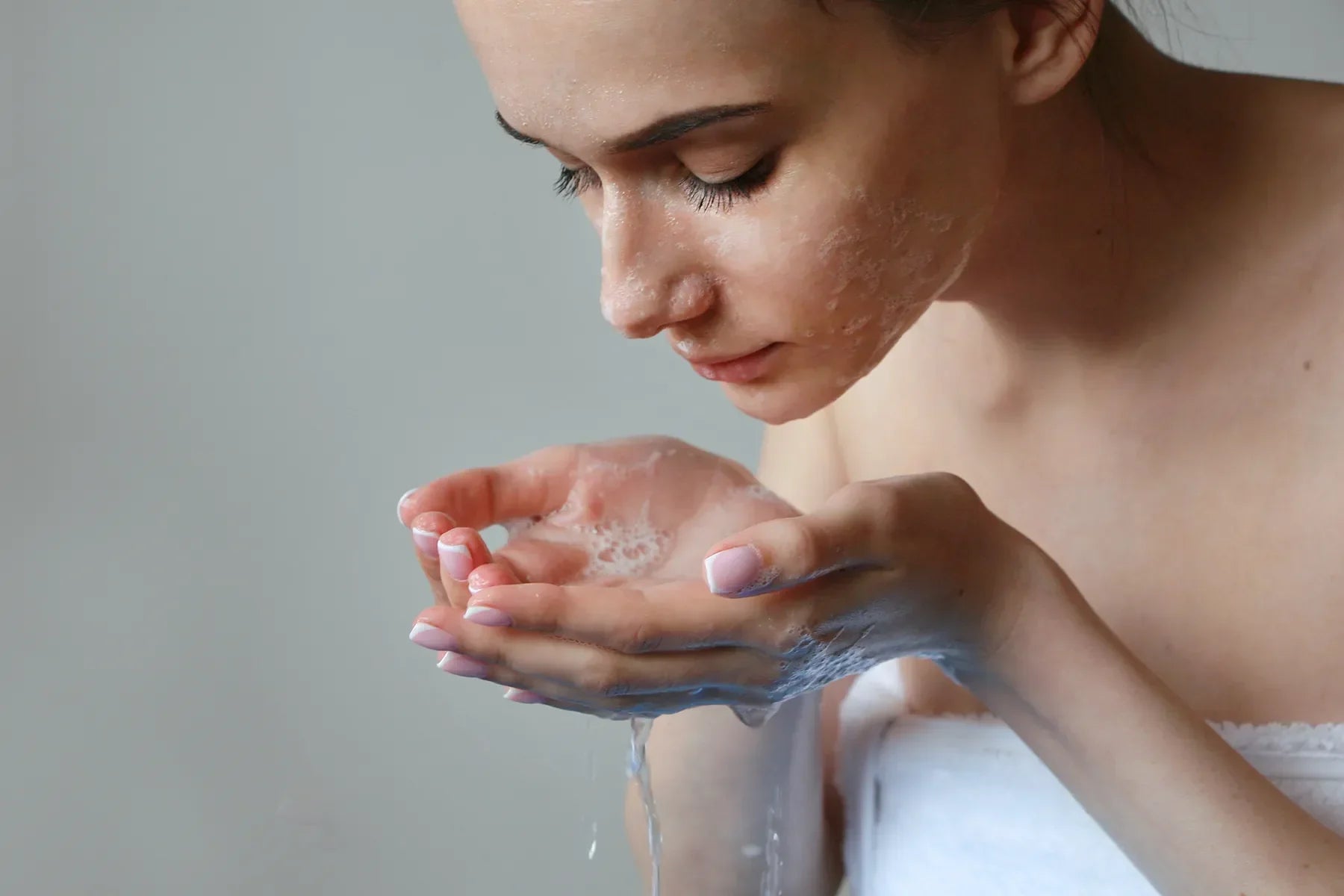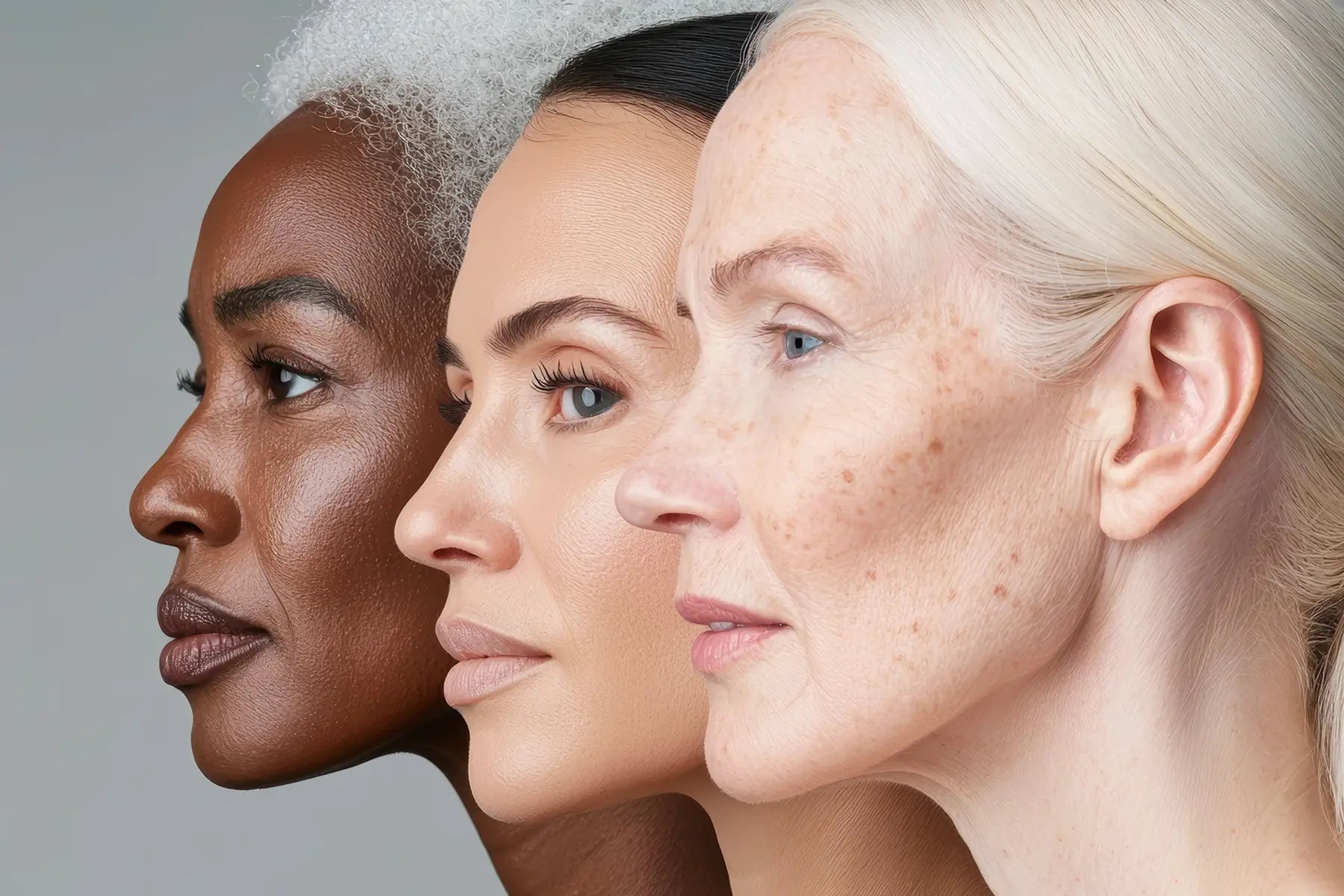Your epidermis is the outermost layer of your skin and contains cells known as melanocytes. These cells produce melanin, which gives your complexion its hue and protects your skin from sun damage. People with fair complexions produce less melanin than those of African descent.
–––––––––––––
When you think of skin health, your mind might leap to sunscreen, moisturisers, or serums. But behind every glowing complexion lies a set of unsung heroes working tirelessly to give your skin its unique hue and protect it from the sun: melanocytes. These remarkable cells don’t just dictate the colour of your skin, hair, and eyes – they also play a critical role in protecting your body from harmful UV radiation.
In this article, the skincare experts at Austin Skin offer you a closer look at melanocytes. We’ll explore why they’re vital to your skin’s health and beauty, and how you can care for them to keep your melanin production strong and balanced.
What Are Melanocytes?
Melanocytes are specialised cells located in the bottom layer of the epidermis (your skin’s outermost layer). Their primary job is to produce melanin, the pigment responsible for the colour of your skin, hair, and eyes. Think of them as tiny pigment factories operating within your body.
Here’s how it works: melanocytes synthesise melanin in response to specific triggers, the most notable being sun exposure. Once produced, melanin is packaged into tiny sacs called melanosomes and distributed to surrounding skin cells. This process not only determines your skin tone but also acts as a natural sunscreen by absorbing harmful ultraviolet (UV) radiation and preventing DNA damage that can lead to skin cancer.
The amount of melanin you produce is influenced by genetics, but factors such as age, hormonal changes, and environmental exposure also play a role.
4 Reasons Melanocytes Deserve Your Attention.
Melanocytes do far more than create your unique complexion. Their work is critical for:
- Protection from UV Damage – Melanin is your body’s natural shield against UV radiation. It absorbs and disperses harmful rays, reducing the risk of DNA damage that can lead to premature ageing, sunburns, and even skin cancer.
- Skin Health and Repair – Melanocytes are involved in the body’s inflammatory repair processes. They communicate with other skin cells to ensure damaged areas heal properly.
- Self-Expression and Beauty – From freckles to a deep tan, melanocytes are behind many of the features we associate with beauty and individuality. They give your skin its unique look, which can be enhanced with proper care.
- Balanced Pigmentation – When melanocytes work harmoniously, they create an even skin tone. However, imbalances can result in hyperpigmentation (dark spots), hypopigmentation (light patches), or conditions such as vitiligo or melasma.
7 Ways to Protect and Support Melanocytes
Keeping your melanocytes healthy is essential for maintaining vibrant skin and overall skin health. Here are some expert tips:
- Get Regular Skin Check-Ups – Regular visits to the Austin Clinic can help you identify any melanocyte-related issues, such as uneven pigmentation or unusual moles. Early detection is key in preventing skin cancer and maintaining skin health.
- Wear Sunscreen Daily – Nothing damages melanocytes faster than excessive UV exposure. Use a broad-spectrum sunscreen (such as Aspect Sun Envirostat on-the-go, with an SPF of 50) every day, even when it’s cloudy. This reduces the risk of DNA damage and uneven pigmentation.
- Hydrate and Nourish Your Skin – A healthy skin barrier supports melanocytes. Use moisturisers rich in ceramides and antioxidants to keep your skin hydrated and combat oxidative stress. We suggest Aspect Hydrating Mask.
- Incorporate Antioxidants into Your Routine – UV exposure generates free radicals that can damage melanocytes. Incorporate antioxidant-rich skincare products containing ingredients such as vitamin C, vitamin E, and niacinamide. Eating antioxidant-packed foods, such as berries, green tea, and dark leafy greens, can also help.
- Protect Against Inflammation – Inflammatory skin conditions can disrupt melanin production, leading to pigmentation issues. Avoid over-exfoliation and focus on gentle products such as Austin Skin Exfol, a gentle mix of AHAs and BHAs. Need more help? Consult with us by sending an email if you experience redness, irritation, or persistent skin issues.
- Limit Tanning and Use Sunless Options – Tanning may give you a short-term glow, but it places a heavy burden on your melanocytes and accelerates skin ageing. Opt for self-tanning products to achieve a sun-kissed look without the risks.
- Supporting Melanin Production as You Age – As we grow older, melanocyte activity tends to slow down, which can lead to dullness and uneven pigmentation. Here’s how you can give your melanocytes a boost:
- Exfoliate Regularly but Gently – Removing dead skin cells can enhance the penetration of skincare products, encouraging more uniform melanin distribution.
- Use Retinoids – Retinoids can improve cell turnover, helping melanocytes distribute melanin more evenly. They also enhance skin texture and reduce fine lines.
- Embrace Peptides and Growth Factors –These ingredients can stimulate melanocyte activity and support skin repair, making them an excellent addition to your routine.
A Bright, Colourful Future for Your Skin
Your melanocytes are tireless workers, balancing beauty and protection with every molecule of melanin they create. By caring for these critical cells, you’re investing in the health and vitality of your skin for years to come. By taking simple steps to nurture your melanocytes, you can enjoy radiant, healthy skin that feels as good as it looks.
So, the next time you apply sunscreen, slather on a vitamin C serum, or enjoy antioxidant-rich foods, know that you’re supporting the hardworking melanocytes that make your skin the unique and beautiful organ it is. Your melanocytes – and your complexion – will thank you.







